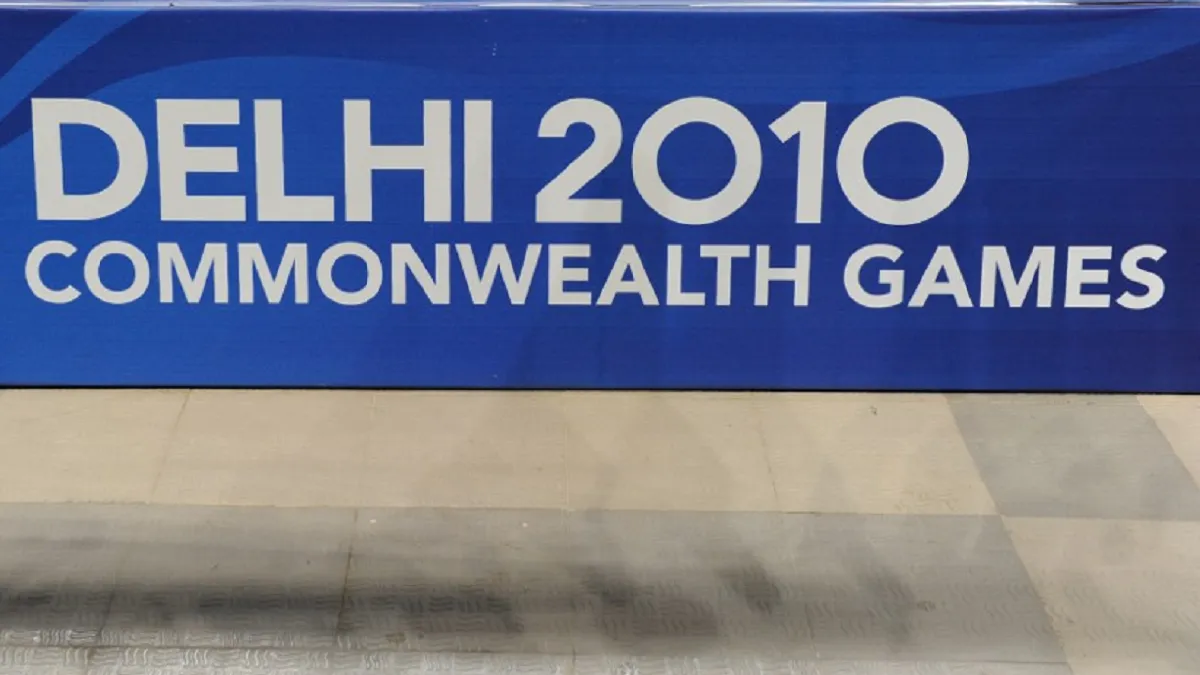The 2010 Commonwealth Games Scam: A Deep Dive into the Suresh Kalmadi Controversy

Suresh Kalmadi, born on May 1, 1944, in Pune, Maharashtra, was a prominent Indian politician and sports administrator. He served as a Member of Parliament (MP) for Pune and held the influential position of President of the Indian Olympic Association (IOA). Despite his political career, Kalmadi’s legacy was severely tarnished due to his involvement in the notorious 2010 Commonwealth Games Scam in Delhi.
Key Organization Involved in the Scam
The scam revolved around the Organizing Committee of the 2010 Commonwealth Games, headed by Kalmadi. This event, which was meant to showcase India’s capabilities to host a major international sporting event, soon became mired in allegations of financial misconduct and mismanagement.
Early Life, Education, and Background
Suresh Kalmadi hailed from a middle-class family in Pune. His father, Dr. K. Shamrao Kalmadi, was a social doctor who dedicated his life to helping the underprivileged. Kalmadi’s educational background is as follows:
- Schooling: St. Vincent’s High School, Pune
- College: Fergusson College, Pune
- Military Training: National Defence Academy, Khadakvasla
- Specialized Training: Air Force Flying Colleges in Jodhpur and Allahabad
Kalmadi also served in the Indian Air Force from 1964 to 1972 and played an active role during the Indo-Pakistani Wars of 1965 and 1971.
The corruption surrounding the Commonwealth Games came to light in 2010, marking it as one of the most infamous scams in Indian sports history.
The Mastermind: Suresh Kalmadi’s Role in the Scam
Suresh Kalmadi, along with several close associates, masterminded a vast corruption network that cost India billions. The alleged scale of the scam was mind-boggling, with estimates of the fraud running into ₹70,000 crore (approximately $9.3 billion at the time).
Also Read: The Abdul Karim Telgi Stamp Paper Scam: A Billion-Dollar Counterfeit Empire
Modus Operandi of the Scam
The Commonwealth Games scam involved several fraudulent activities:
- Inflated Contracts: The Organizing Committee awarded contracts for infrastructure, services, and equipment at highly inflated prices, bypassing more cost-effective alternatives.
- Favoritism: The contracts were handed over to companies that offered exorbitant rates, often overlooking lower bidders who could have completed the work for a fraction of the cost.
- Misuse of Funds: It was reported that only half of the allocated funds were spent on athletes and related services, while the rest was misappropriated.
- Substandard Facilities: Despite the large financial outlay, athletes were provided with subpar training facilities and accommodations.
- Fake Invoicing: The committee allegedly created fake invoices to siphon off large sums of money from the budget.
How the Scam Unfolded?
The 2010 Commonwealth Games scam was uncovered through diligent investigative journalism and governmental probes:
- Media Exposé: Journalists exposed discrepancies in the financial dealings, raising public awareness about the massive fraud.
- International Embarrassment: Just days before the Games were set to begin, international delegates condemned the poor state of the athlete’s village, prompting widespread media coverage.
- Government Investigations: The Central Vigilance Commission (CVC) initiated an inquiry, leading to an investigation by the Comptroller and Auditor General (CAG).
- Audit Findings: The CAG audit revealed massive discrepancies between the budget allocation and the actual expenditure, further exposing the depth of the corruption.
Arrest and Legal Consequences
Suresh Kalmadi was arrested by the Central Bureau of Investigation (CBI) on April 25, 2011. He faced multiple charges, including:
- Section 120B: Criminal conspiracy
- Section 420: Cheating
- Additional charges for forgery and abuse of power.
Following his arrest, Kalmadi was suspended from the Indian National Congress, marking the beginning of his fall from political grace.
Current Status and Fallout
- Legal Proceedings: After being granted bail in January 2012, Kalmadi’s legal battle continues, with multiple investigations still underway.
- Political Repercussions: His political career suffered a major blow. The Indian National Congress expelled him, and his political influence dwindled.
- Sports Administration: Kalmadi was ousted as the President of the Indian Olympic Association (IOA), a position that had once cemented his prominence in Indian sports.
- Governance Reforms: The 2010 Games scandal led to reforms in the governance of sports and public project management in India, emphasizing the need for more transparency and accountability.
- Public Image: The scam severely damaged India’s reputation on the global stage, overshadowing the successful hosting of the Games.
Conclusion: The Lingering Effects of the Commonwealth Games Scam
The 2010 Commonwealth Games scam serves as a cautionary tale about the destructive power of corruption in sports administration. While India managed to successfully host the Games, the financial mismanagement and fraudulent activities marred its reputation. The scandal underscores the urgent need for reform, stricter governance, and enhanced accountability in both public projects and sports management.
By learning from these mistakes, India can aim to prevent such incidents in the future and restore faith in its ability to host large-scale international events.



